The Appropriation of Black Fashion
Many feel that the line has entirely blurred between Black fashion and American fashion.
As time goes on, Black fashion has become less of an influence on U.S. popular culture and more of the defining characteristic of the nation’s largest trends. This can be seen in the vast quantities of fashion trends with origins in the Black community such as hoop earrings, a staple of African/Black beauty since the ’60s and ’70s, and logomania, due to the demand for knock-off designers in poorer Black communities, and sneaker culture, which was popularized by Black rappers. As White America came to adopt these trends as their own, many African Americans became rightly angered by this assumption of their original trends. In addition, the hypocrisy that began to surface as these trends became more popular became increasingly more apparent. Now, many feel that the line has entirely blurred between Black fashion and American fashion.
As in the trendy lettuce hem and the chunky oversize style of the late 2010s and early 2020s, these reiterations of their respective 90’s trends were again popularized by the Black community with roots from Black designers and hip-hop performers. However, they are rarely represented by Black celebrities and models in the media. Most of the representations of these fashion trends are seen in popular White celebrities such as Billie Eilish’s iconic chunky oversize fashion. Naturally, this can cause fashion fans to not truly understand the origins of these trends or their cultural significance. Their origins become even murkier when these styles only become in demand after being adopted by White influencers.
Now, this process of cultural adoption and erasure is commonly referred to as cultural appropriation. This term was coined in the 80s and has some merit, effectively describing the sentiments of many minorities who feel the creators and trendsetters of their community are not getting their due credit. Layla Hamazoui, a Black woman junior at B-CC, described this feeling herself: “… Now you see like the clean girl aesthetic: wearing little to no makeup, gelling down your hair… vaseline. These things have been done by Black women for years and years in the past. But now people are marketing it as Bella Hadid, Emma Chamberlain…. They’re saying that it’s just now done. When in reality, I think the credit should go to the Black women doing it back in the day.”
Yet, cultural appropriation is not the final nail in the coffin of authentic Black fashion, it often leads to a negative perception of the Black women and men who embody these styles. Despite these fashion choices being indigenous to the Black community, they are rarely perceived as “beautiful” and “exotic” when displayed by Black people. Bliss Mixon, another Black woman junior, expresses that “When I hear people talk about it [Black fashion], it’s not really to say anything good… it’s not a respected thing. Going back to slavery times, we weren’t really allowed to be different… they just wanted us to be how they were.” Layla Hamazoui describes this effect again, “I think that if a Black woman is doing it, it may seem ‘trashy or ghetto’ but when a person of another race does it it’s seen as ‘fashionable or trendy’…” Again, it seems that Black fashion is not so desirable outside of the context of whiteness.
How can this influence be rebranded as an asset to the Black community if it is lost and absorbed by popular culture? Many think that there must be a conversation in the U.S around these trends and their roots, as well as the racial biases and prejudices that cultural appropriation has exposed.
In the end, for better or for worse, Black fashion has put the spotlight on the appeal of Black culture. This can only be useful if the American nation decides to acknowledge the Black actors in their favorite trends.

Claire Wang, a B-CC senior, serves as the Co-Director for The Tattler's Art Team and a contributing writer. She also has two dogs and two cats.

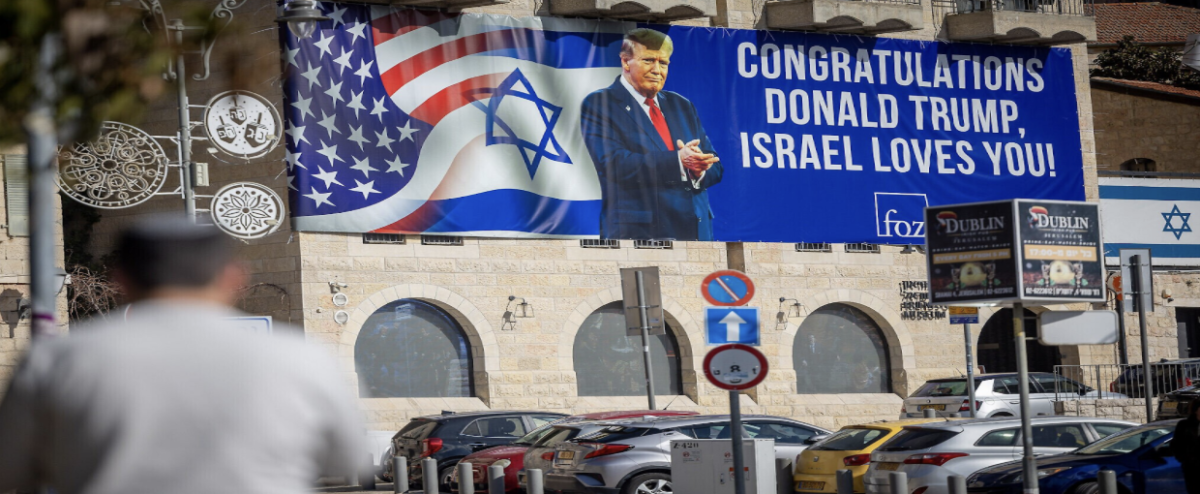

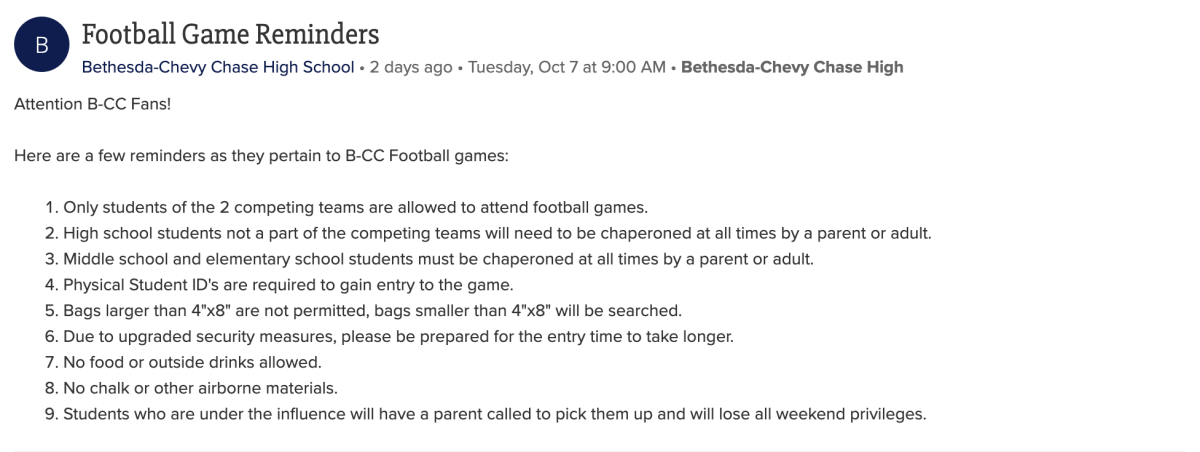

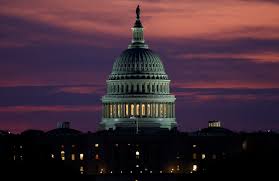


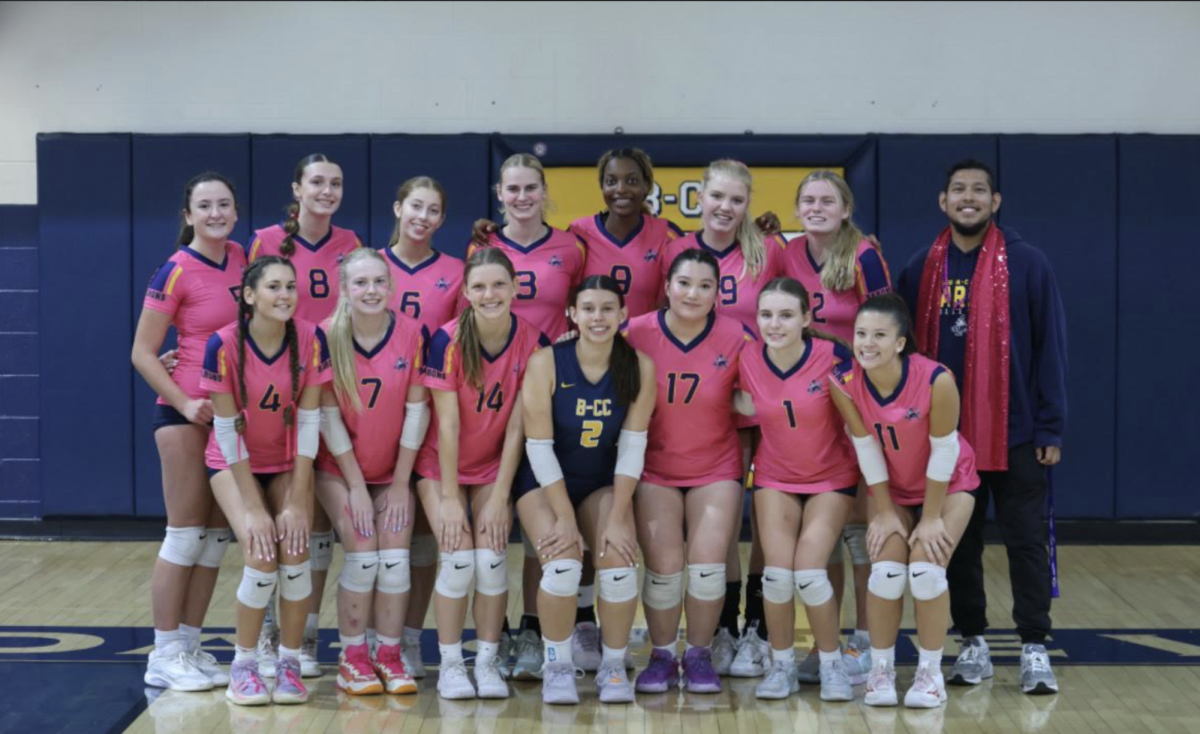





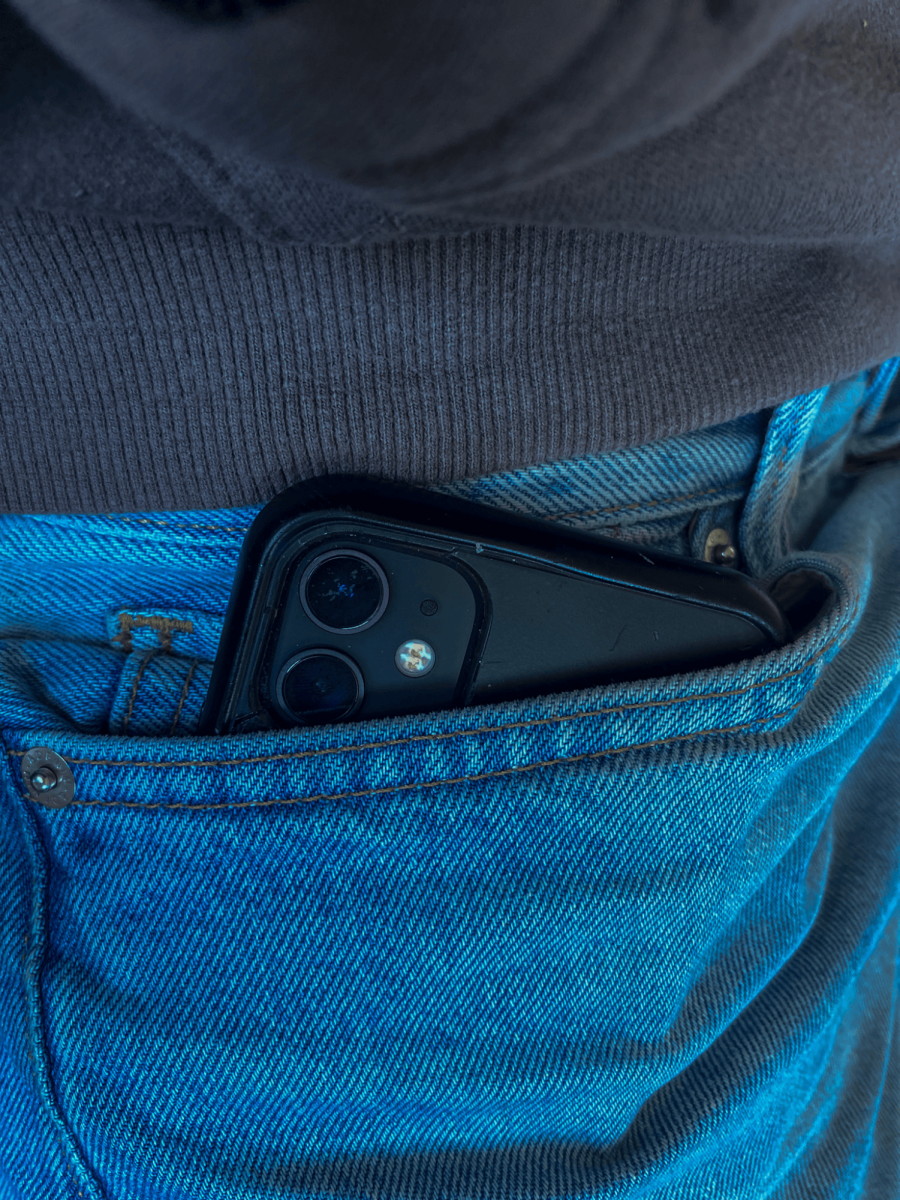

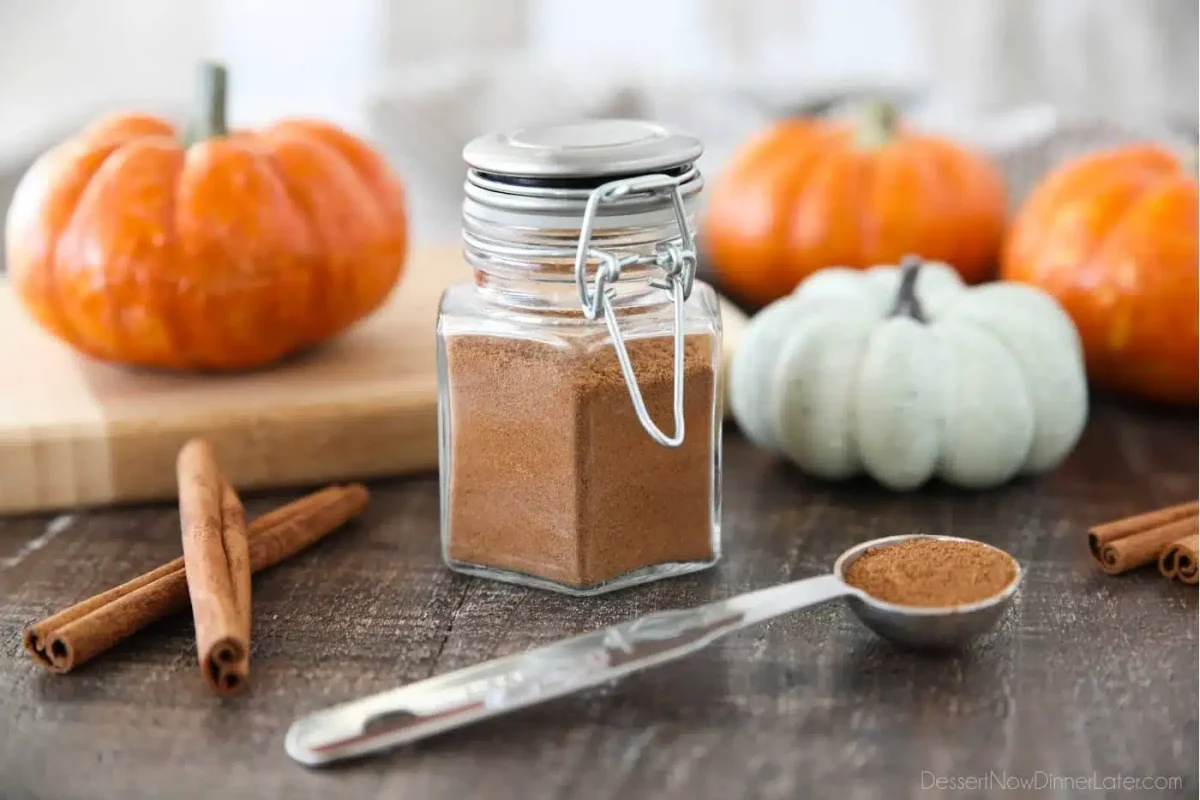
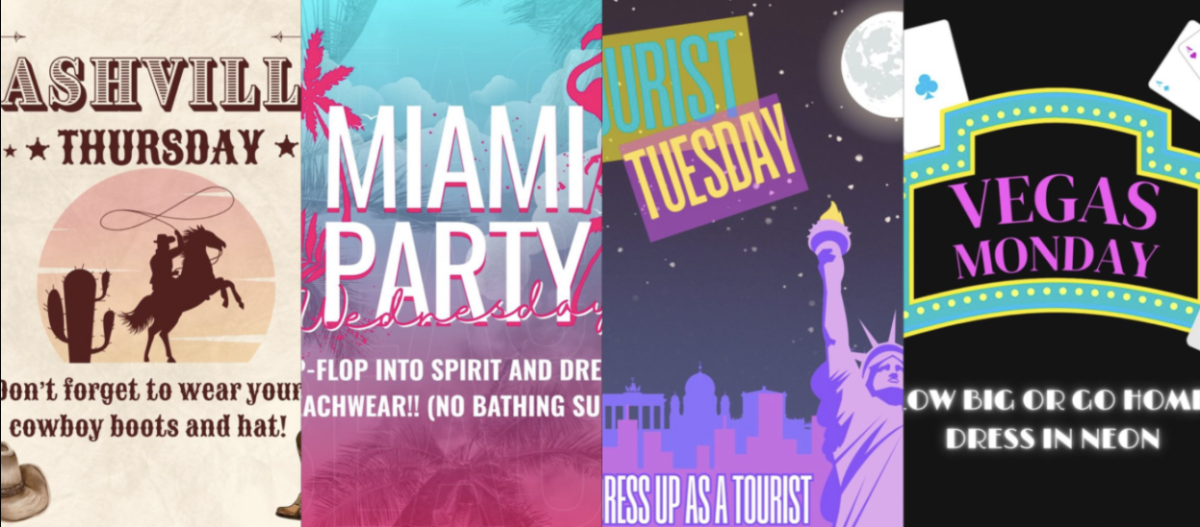

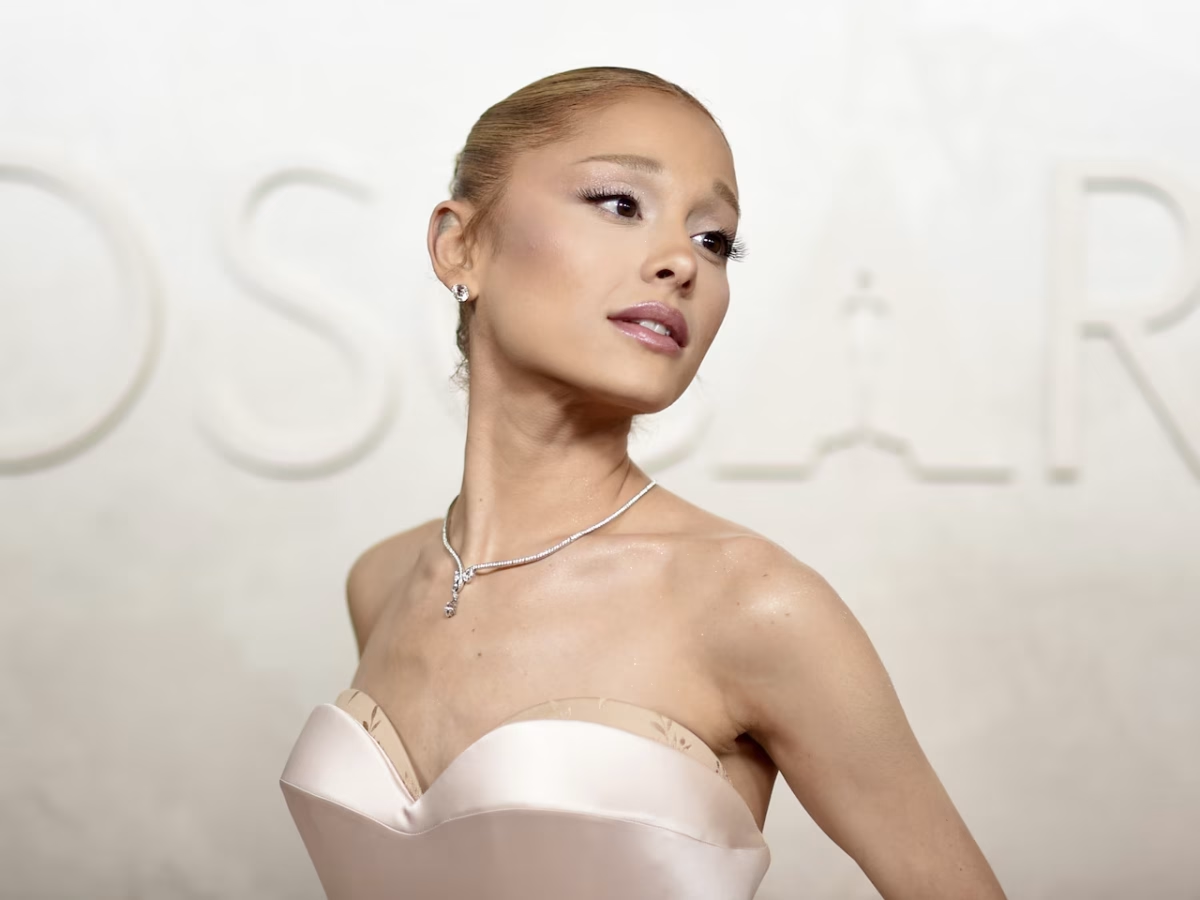
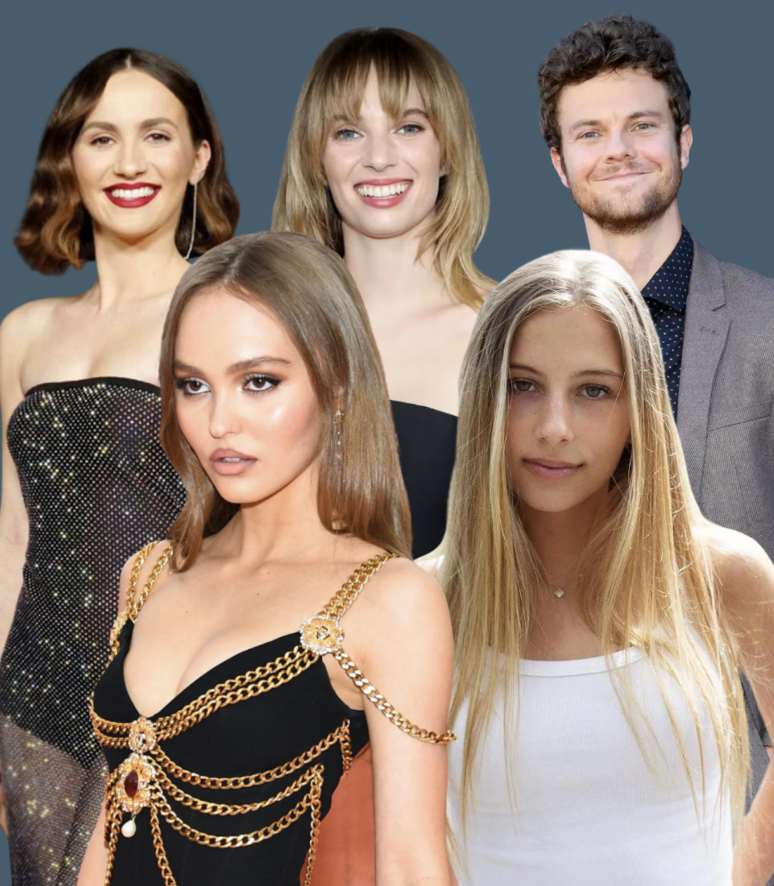

















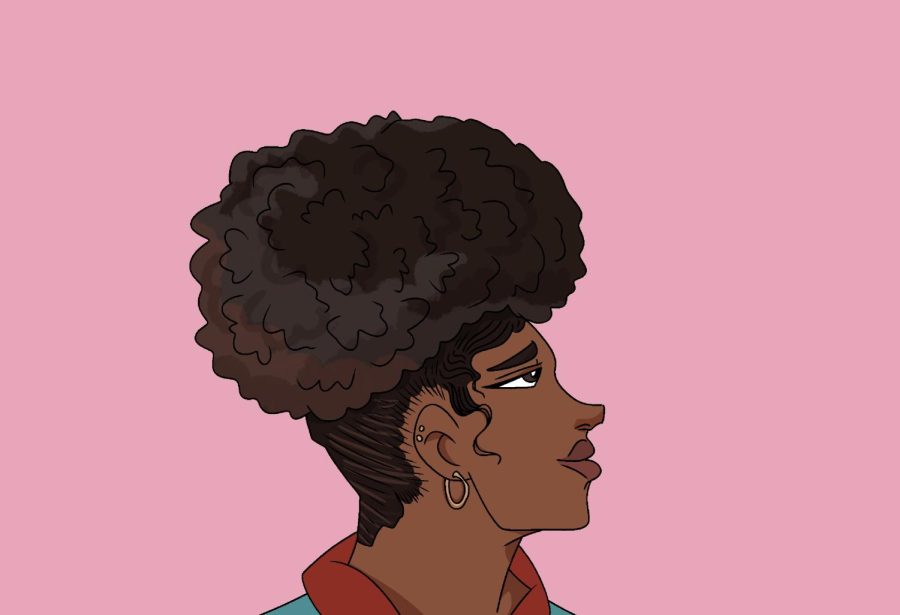
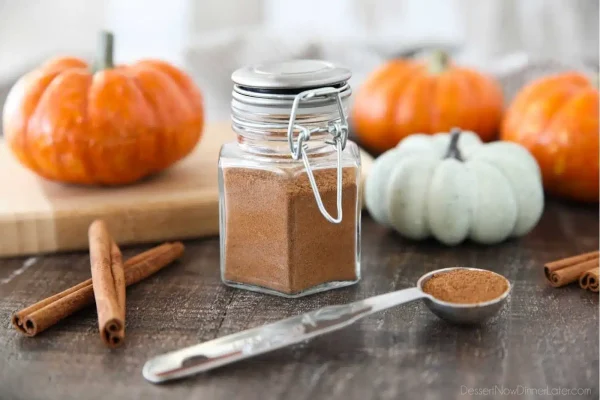
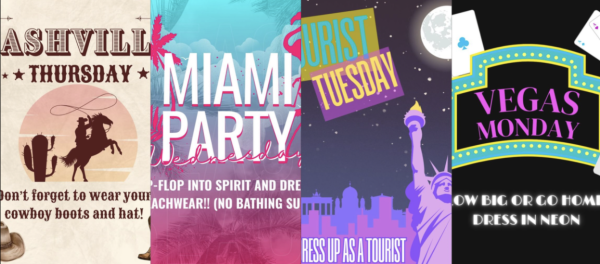

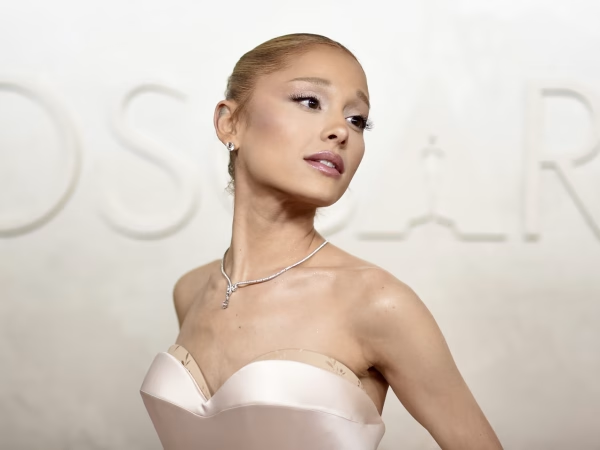
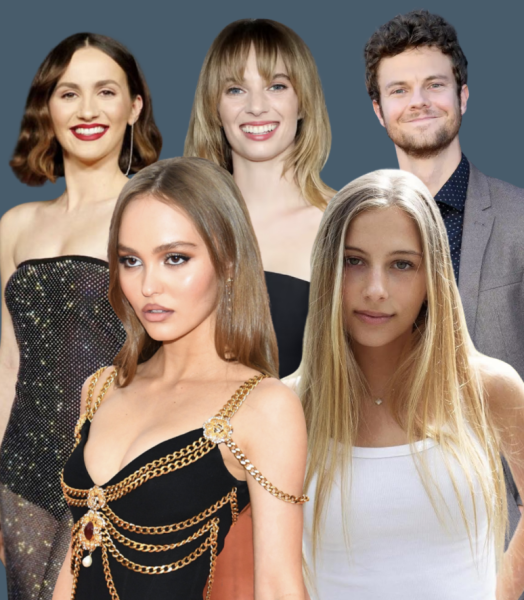
bccstudent • Oct 19, 2022 at 2:40 pm
“Black fashion is not so desirable outside of the context of whiteness” Very powerful writing and completely agree. Even seen again recently Hailey Bieber with brownie glazed lips which is brown lip liner and gloss which Black women have been doing for years because makeup companies do not make the colors needed for them. Black culture, Black fashion, Black bodies even are made trendy, accepted, etc. when a White face is repping it. Really enjoyed this read beautifully written.